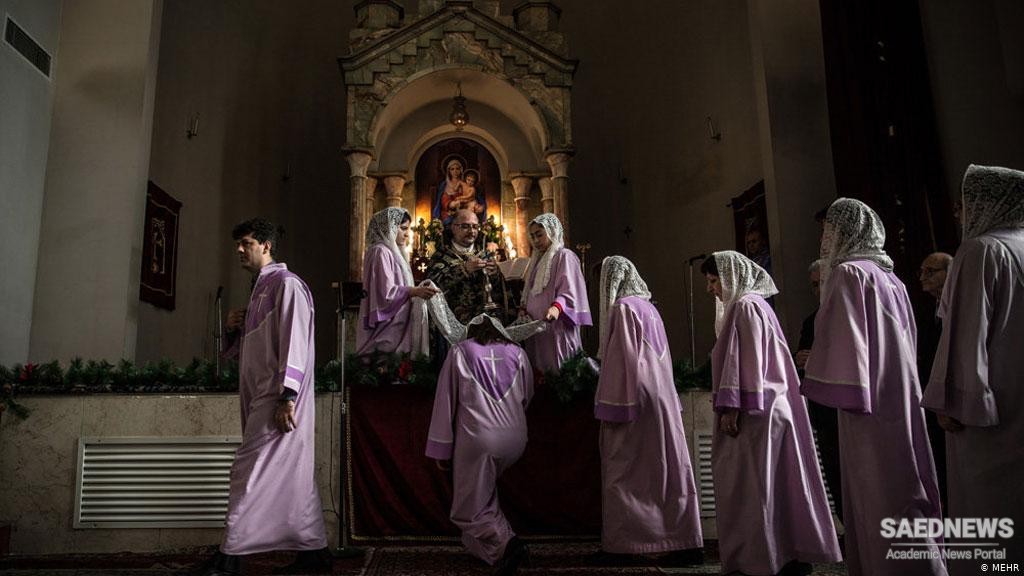Incontestably, the Christians reached high positions under the Mongols to the detriment of the Muslim majority. The phenomenon was so conspicuous that it was recorded even by poets. A well-known verse from Sa'di’s famous Gulestan, which has not caught the attention of historians, manifests the Muslim spirit of the time. The poet only mentions the Christians (tarsa) and Pagans (gabr) in this verse. It is obvious that by Pagan he is referring only to the Mongols and not the Zoroastrians, who did not have any share in ruling the country. It is the rule of non-Muslims over Muslims that distressed our poet, and this can explain why he recited this verse right at the opening of his book. Indeed, it appeared for a while that the Shamanist Mongols were using Christians to rule the country. The Mongols, however, were pragmatic rulers; they took advantage of all those communities who were willing to collaborate, and these were mainly religious minorities, including Muslim Shi'ites.
As in the 7th century, the new invaders of Iran needed the assistance of the local people for administering the country. As the Sunnite population had been alienated, the Mongols could not count on their loyalty. On the other hand, the local Christians were willing to associate themselves with the new rulers. If the Mongols’ religious policy was liberal, that of the Christians or Jews who ran their bureaucracy was not. The Christians had high hopes that the Shamanist and Buddhist Mongols would soon join their faith, and therefore they did not hesitate to provoke the Muslims. Right after the fall of Baghdad, the Catholicos Makkikha II took over the Palace of the Caliph and its neighbouring buildings including the harem. He had the Arabic inscriptions erased and replaced by Syriac. He also had a Church constructed on the site were he beat the nakus, which was undisputedly unacceptable to orthodox Muslims. In the same year, that is in 1258, the Shi'ite Lord of Mosul, Badr al-Din Lu Lu, named the brother of Safi Sulayman (a renowned Armenian physician), Mukhtas, as the governor of Arbela. Nonetheless, the Mongols did not allot freely these positions of power to Christians. Those who obtained them were involved in the usual political imbroglios and ambitiously fought their way to the top. The Bishop Hanon Isho who became governor of Jazira b. Umar, visited Hulagu and collaborated with the Mongols in his town. Another Christian, named Zaki, had been politically active before he was nominated governor. In 1264, he had seized the chance to denounce the Muslim rulers of Mosul as traitors and as Mamluk agents. Consequently, he was able to take over their position.


 Mongol Invasion and Life Conditions of Religious Minorities in Mongol Persia
Mongol Invasion and Life Conditions of Religious Minorities in Mongol Persia














































